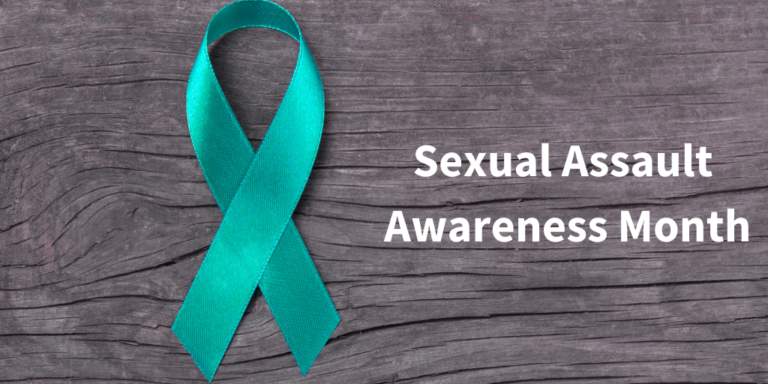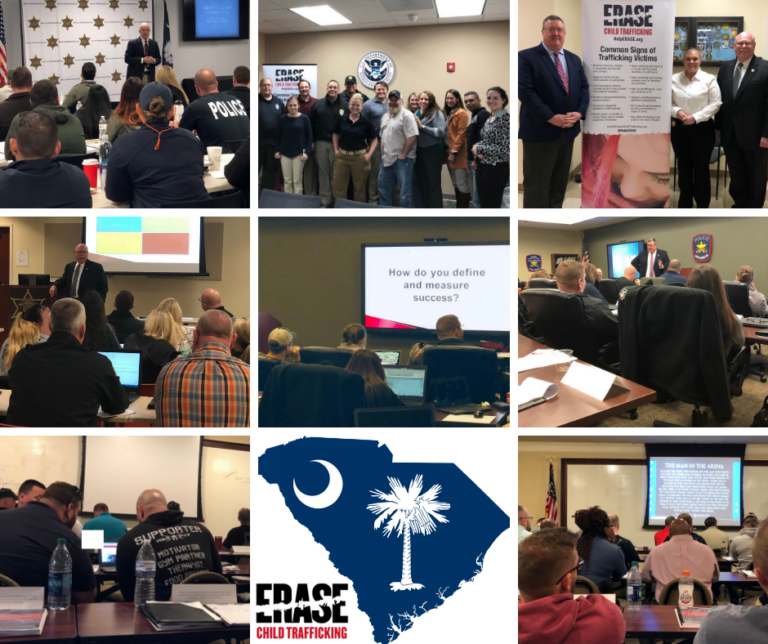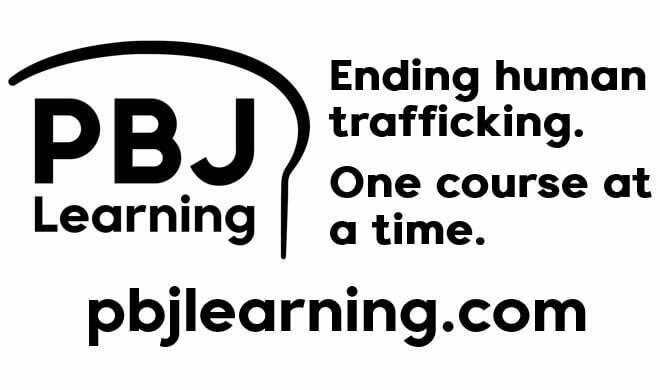From Awareness to Action: Sexual Assault Awareness Month
April 2021 marks the 20th anniversary of Sexual Assault Awareness Month, though the advocacy for awareness and change runs much longer and deeper. Current statistics state that 1 in 4 women are impacted by sexual violence before the age of 18. And while you may not have personally been the victim of sexual violence, it…




